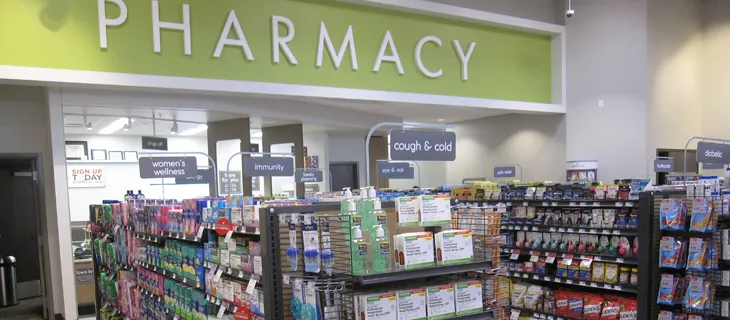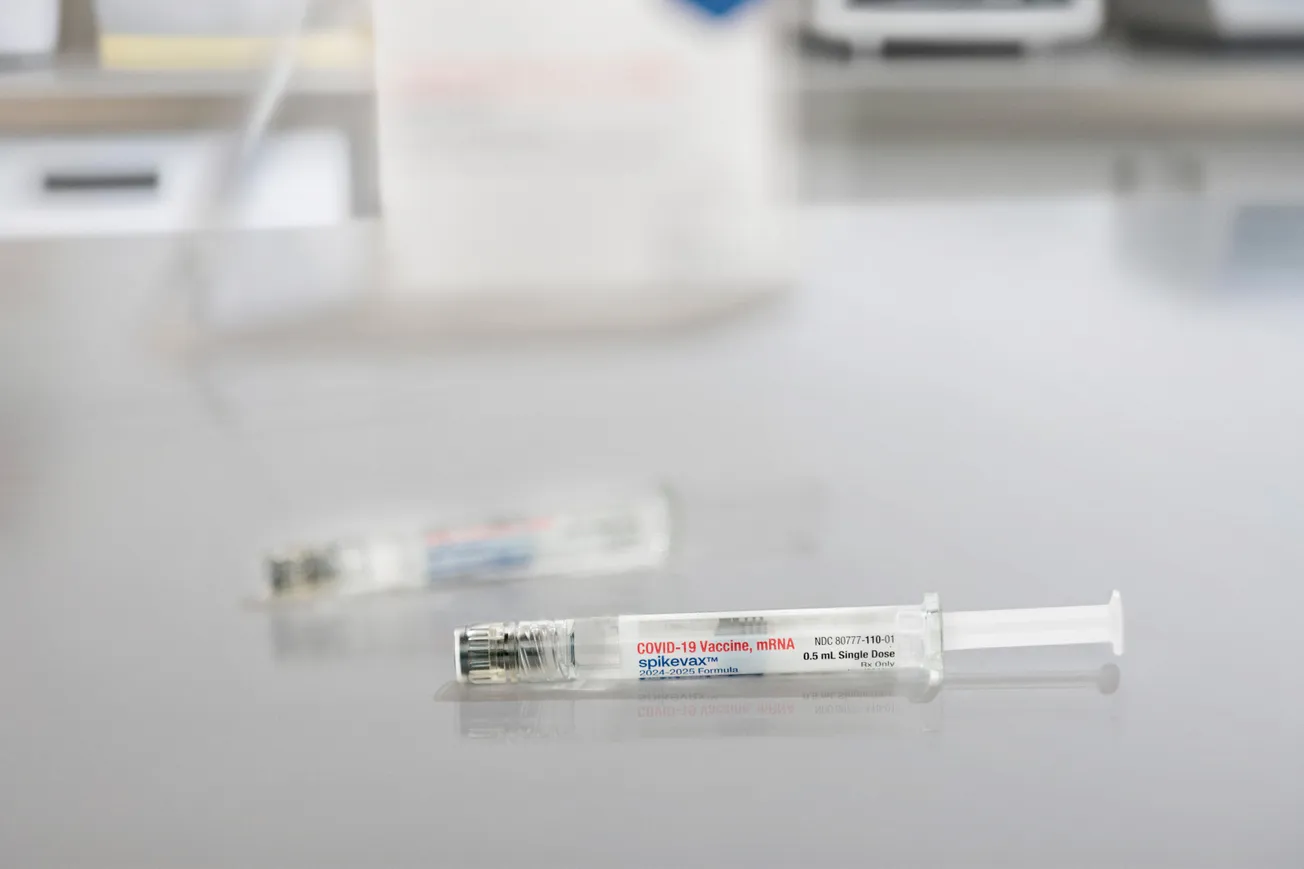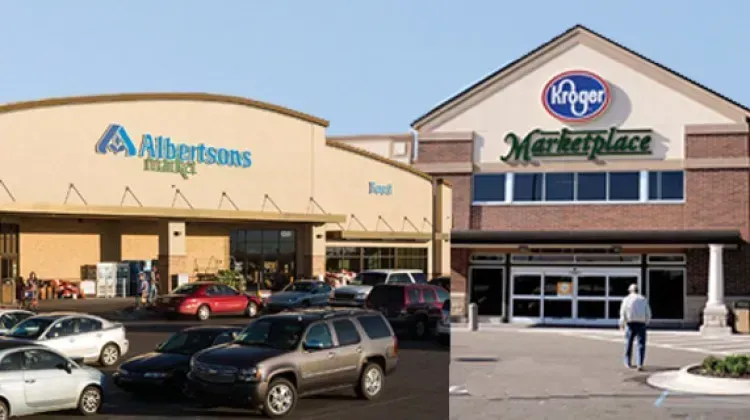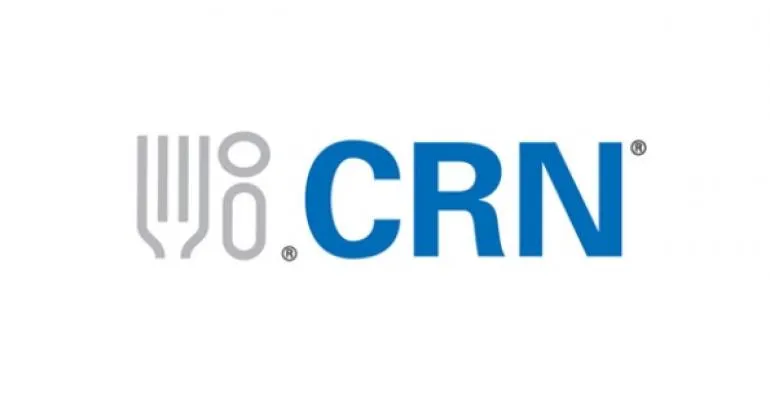WEST DES MOINES, Iowa — To assist in combatting the national opioid epidemic Hy-Vee announces the implementation of a new controlled substance prescription policy. As of Jan. 1, 2019, Hy-Vee pharmacies no longer allow a subsequent fill of a Schedule II controlled substance, or a refill of a Schedule III or Scheduled IV controlled substance more than 72 hours early without authorization from the prescriber. Hy-Vee pharmacies also no longer accept GoodRx coupons for controlled substance prescriptions.

Kristin Williams
“The opioid epidemic in the United States claims the lives of more than 100 people every day, and Hy-Vee is continually working to assist in the fight,” said Kristin Williams, senior vice president and chief health officer for Hy-Vee. “Implementing this 72-hour policy is one more step toward combatting the opioid epidemic in communities throughout the eight states we serve.”
Hy-Vee already offers naloxone without a prescription in all eight states where it operates pharmacies: Illinois, Iowa, Kansas, Minnesota, Missouri, Nebraska, South Dakota and Wisconsin.
Naloxone is available at Hy-Vee pharmacies in nasal spray and injection forms (upon request), although, nasal spray is the most commonly used form. The drug is stored behind the counter and cost varies, depending on the form and whether a customer goes through his or her insurance, or pays cash.
Hy-Vee pharmacists also ensure that patients and their family members understand how to recognize signs of an opioid overdose and how to administer the medication. While naloxone is not a cure for an opioid overdose, it can assist an individual until emergency treatment is available and long-term treatment is provided. The medication has no effect if opioids are absent.
Naloxone can be administered to any person who has overdosed on a wide range of opioids, including hydrocodone, oxycodone, morphine and codeine, as well as heroin. According to the Centers for Disease Control and Prevention, opioids killed more than 47,000 people in 2017, more than any year on record. Nearly half of all opioid overdose deaths involve a prescription opioid.









